Today we’re visiting Ross Jallo’s garden in Iowa.
I started preparing my backyard garden in the fall of 2019. Before that it was just bare weedy lawn, with a concrete slab, two ancient lilacs, and lots of Japanese knotweed (Fallopia japonica, Zones 5–9). The years 2020 and 2021, as challenging as they were, gave me a once-in-a-lifetime opportunity to get a whole lot of gardening done. (I also managed to eradicate all of that knotweed, which I feel should be worthy of a medal.) This third year has been about acquiring experience about what truly works here in this particular garden. It’s one thing to have dreams—indeed, it’s indispensable!—but they must be tempered by the realities of climate, soil, and time constraints. Here are some of the success stories from my garden in eastern Iowa, Zone 5b, with clay-loam soil (pH 7.5).
One thing I’ve found that completely rewards the time commitment is tulips in pots. Squirrels will dig up any tulips in the ground here—there is a flourishing population of them, thanks to the two huge black walnut trees on the lot—but I’ve found they will leave potted tulips alone if I put a layer of grit on top of the soil. After planting in late October and early November, I store the pots in my unheated garage, which they seem to like just fine. ‘Candy Prince’ and ‘Negrita’ complement each other nicely, and both go with the neighbors’ redbud (Cercis canadensis, Zones 4–8).
The most pleasant surprises have happened when I have let nature take its course. Jack-in-the-pulpit (Arisaema triphyllum, Zones 4–9) must have been growing here long before the neighborhood was established in the 1920s; in May it popped up, unbidden, in the midst of the foamflowers (Tiarella cordifolia, Zones 4–9), and I just loved the effect.
Every year in May and June I rave about the qualities of phlomis (technically, Phlomoides tuberosa Zones 5–9) to anyone who will listen. Its bubblegum-pink flowers are the perfect foil for alliums and catmint, and best of all, it is a perfect no-maintenance plant for Iowa’s hot, dry summers. It keeps its elegant structure through the rest of the year too.
The one area in which I have refused to be swayed by common sense is growing roses. Very few people are foolhardy enough to try bourbon roses in Iowa, but I couldn’t resist ‘Madame Isaac Pereire’, quite possibly the best-scented rose that there is. This rose is constantly coddled here, and in a very protected position to withstand Iowa winters. It has fairly ugly foliage, and I am lucky if I get more than one flush all year from it. But when it blooms, all is forgiven. Such a rose deserves special treatment!
Once July arrives, there’s no longer any doubt that the Iowa climate will have the final say in gardening matters. Weeks of highs in the 90s, with little rain, means that plants need to be tough. Echinacea purpurea ‘Magnus’ (Zones 3–8) may be common, but that’s no reason not to use it.
With so many dahlia cultivars out there, it’s been bewildering to select just a few varieties for this small garden. But if I had to choose one, it would almost certainly be the heirloom variety ‘Mrs I. De ver Warner’. It is early to start flowering, floriferous, and healthy, and it has long stems that are great for cutting and tubers that overwinter indoors very well.
By fall the garden is winding down, but one of the bright spots is the combination of asters (Symphyotrichum oblongifolium ‘October Skies’, Zones 3–8) and northern sea oats (Chasmanthium latifolium, Zones 3–8). For weeks in late September and early October, the pale purple of the asters complements the russet-colored seed heads of the sea oats. One lesson I’m learning is that natives will almost always be more trouble-free than nonnative plants.
If you want to see more from Ross, check out his instagram: @frondophile
Have a garden you’d like to share?
Have photos to share? We’d love to see your garden, a particular collection of plants you love, or a wonderful garden you had the chance to visit!
To submit, send 5-10 photos to [email protected] along with some information about the plants in the pictures and where you took the photos. We’d love to hear where you are located, how long you’ve been gardening, successes you are proud of, failures you learned from, hopes for the future, favorite plants, or funny stories from your garden.
Have a mobile phone? Tag your photos on Facebook, Instagram or Twitter with #FineGardening!
Do you receive the GPOD by email yet? Sign up here.
Fine Gardening Recommended Products
Gardener's Log Book from NYBG
Fine Gardening receives a commission for items purchased through links on this site, including Amazon Associates and other affiliate advertising programs.
This weatherproof five-year log book includes the following features:
· Sturdy waterproof cover to protect pages from rain and muddy soil
· Lined pages and gridded paper for plotting beds
· Five years of 12-month bloom and harvest grids for recording what you planted and when
· Authoritative appendices on composting, pruning, pest and disease control, and container gardening
· Useful reminders by season on fertilizing, mulching, and transplanting
· Space for listing your favorite sources and suppliers.
The Crevice Garden: How to make the perfect home for plants from rocky places
Fine Gardening receives a commission for items purchased through links on this site, including Amazon Associates and other affiliate advertising programs.
A crevice garden replicates the environmental conditions of mountain tops, deserts, coastlines, and other exposed or rocky places on earth. These striking garden features provide perfect conditions for the plants native to these far-off places, bringing the cultivation of these precious gems within everybody’s reach.
ARS Telescoping Long Reach Pruner
Fine Gardening receives a commission for items purchased through links on this site, including Amazon Associates and other affiliate advertising programs.
Telescopes from 4 to 7'. Cut and Hold (160) Blades. Drop forged blades for unsurpassed long lasting sharpness. Lightweight, 2.3 lbs., for continued use. Perfectly balanced for easy pruning.
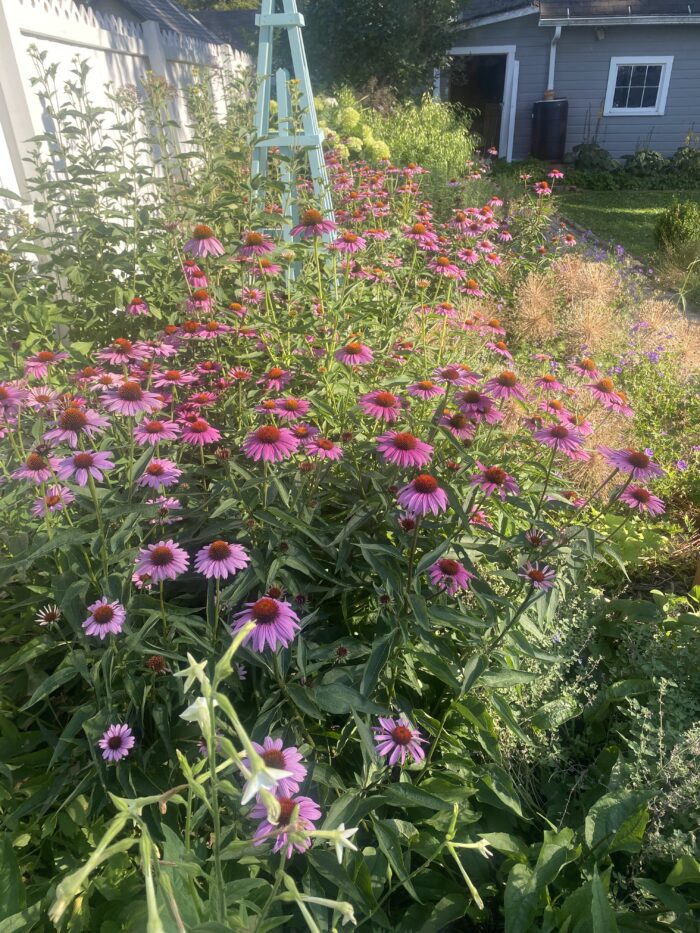
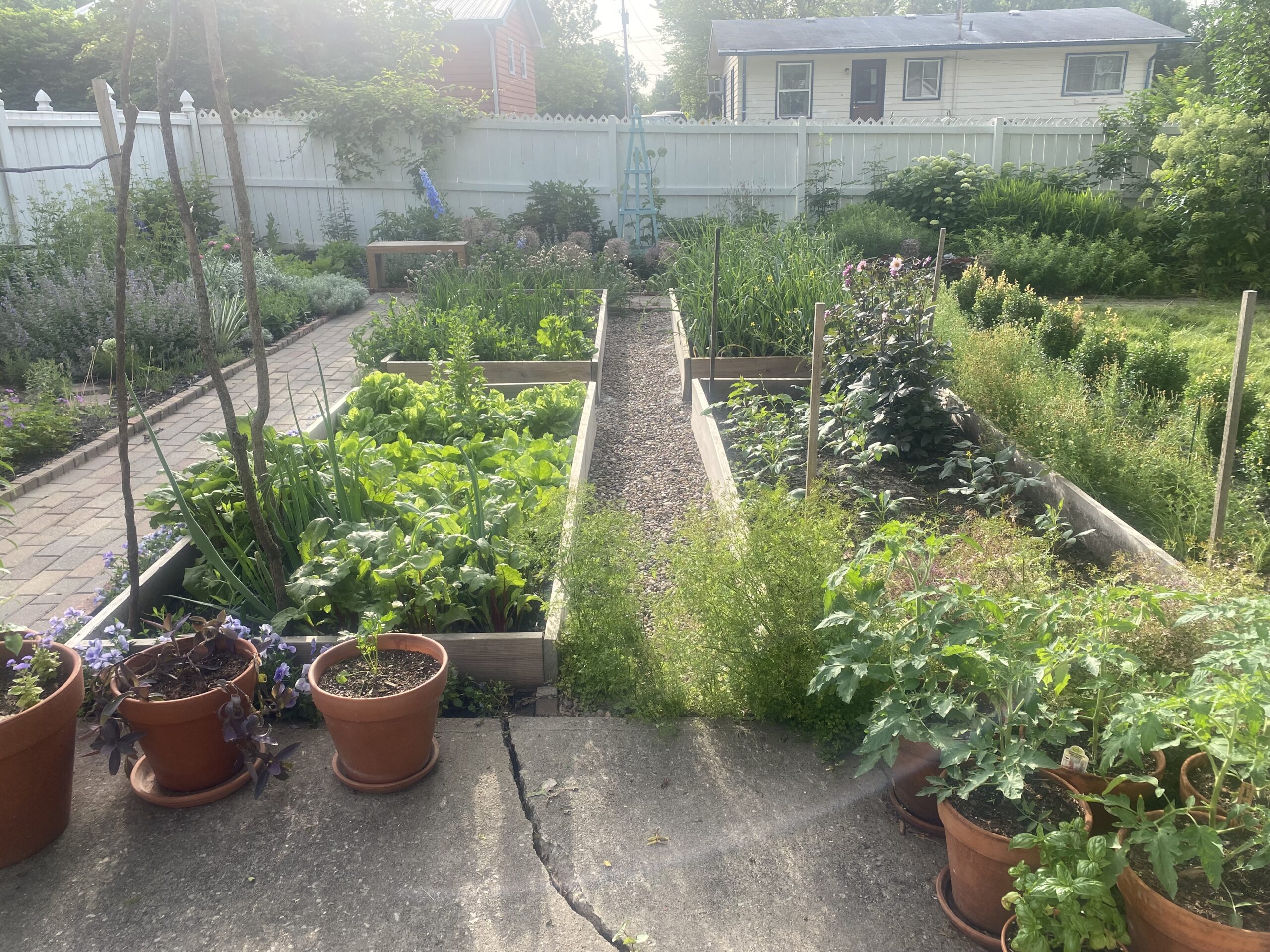
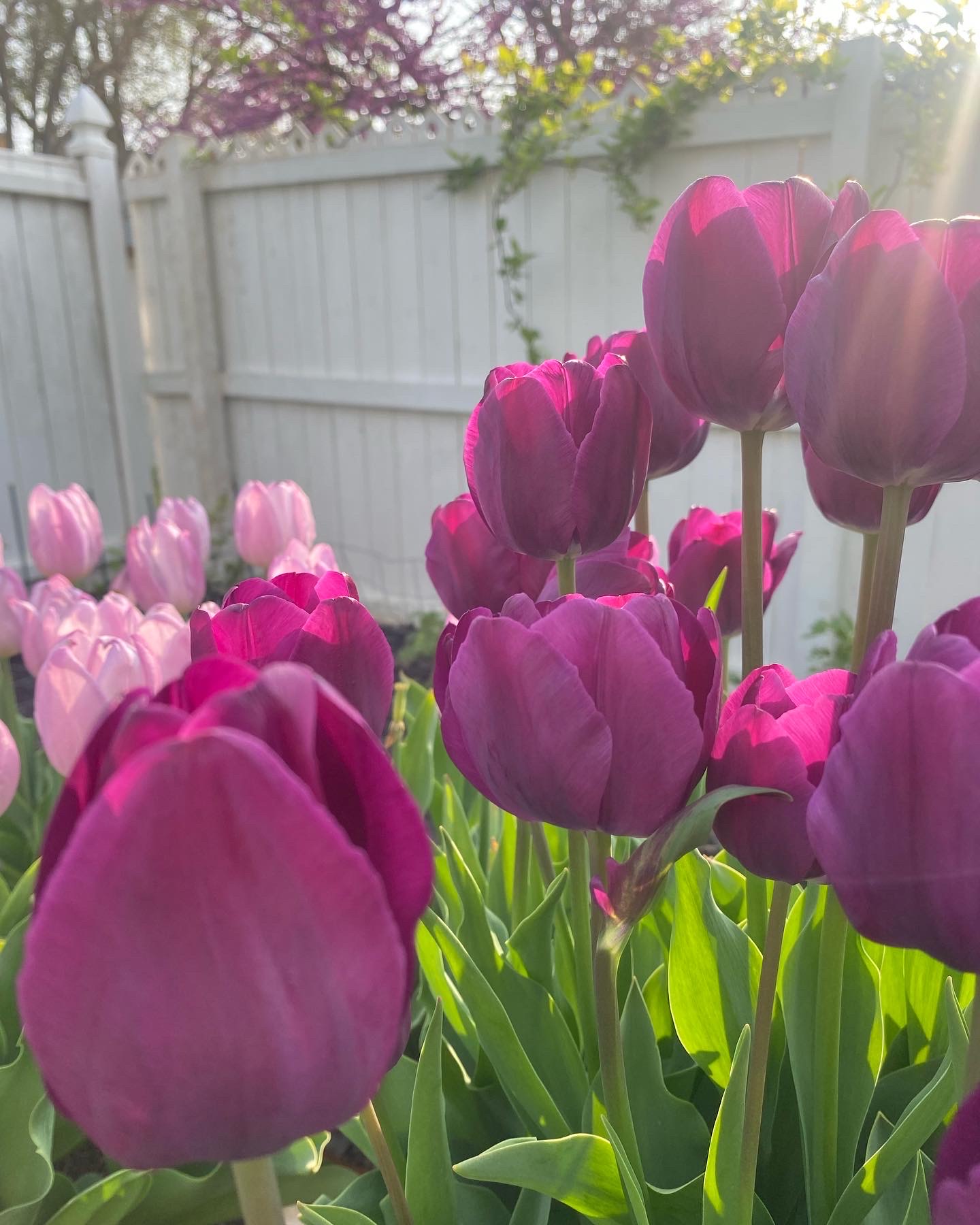
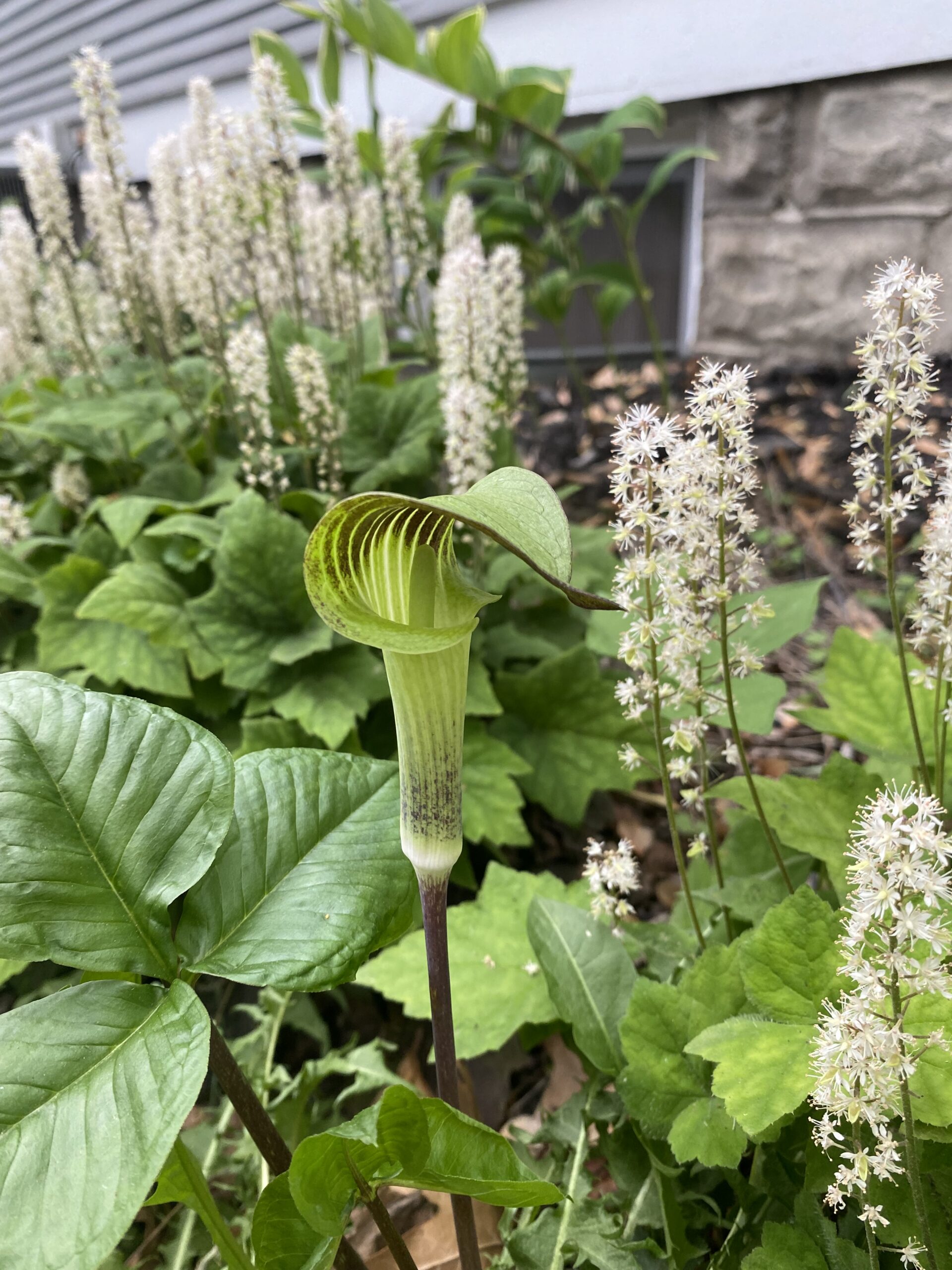
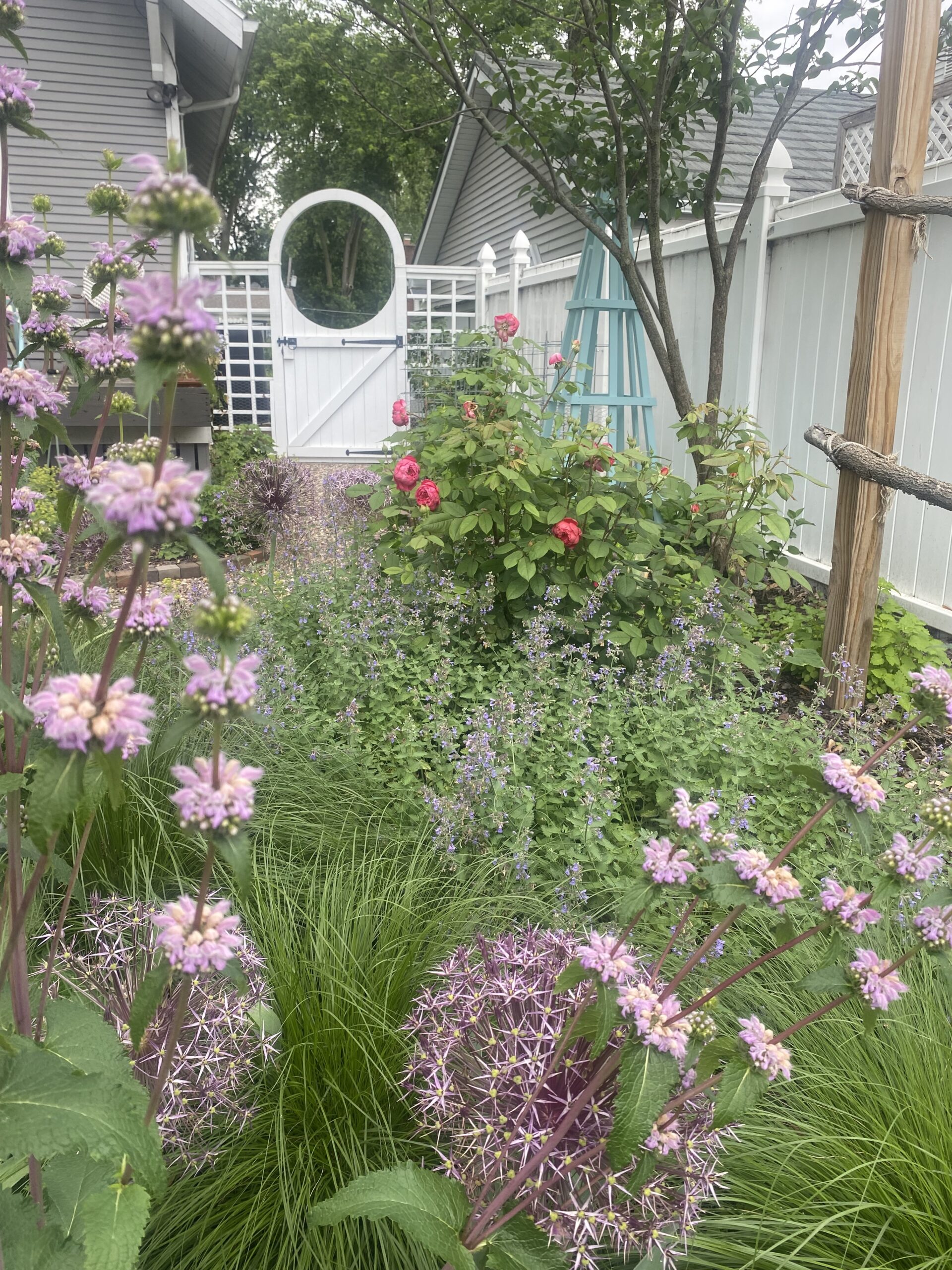
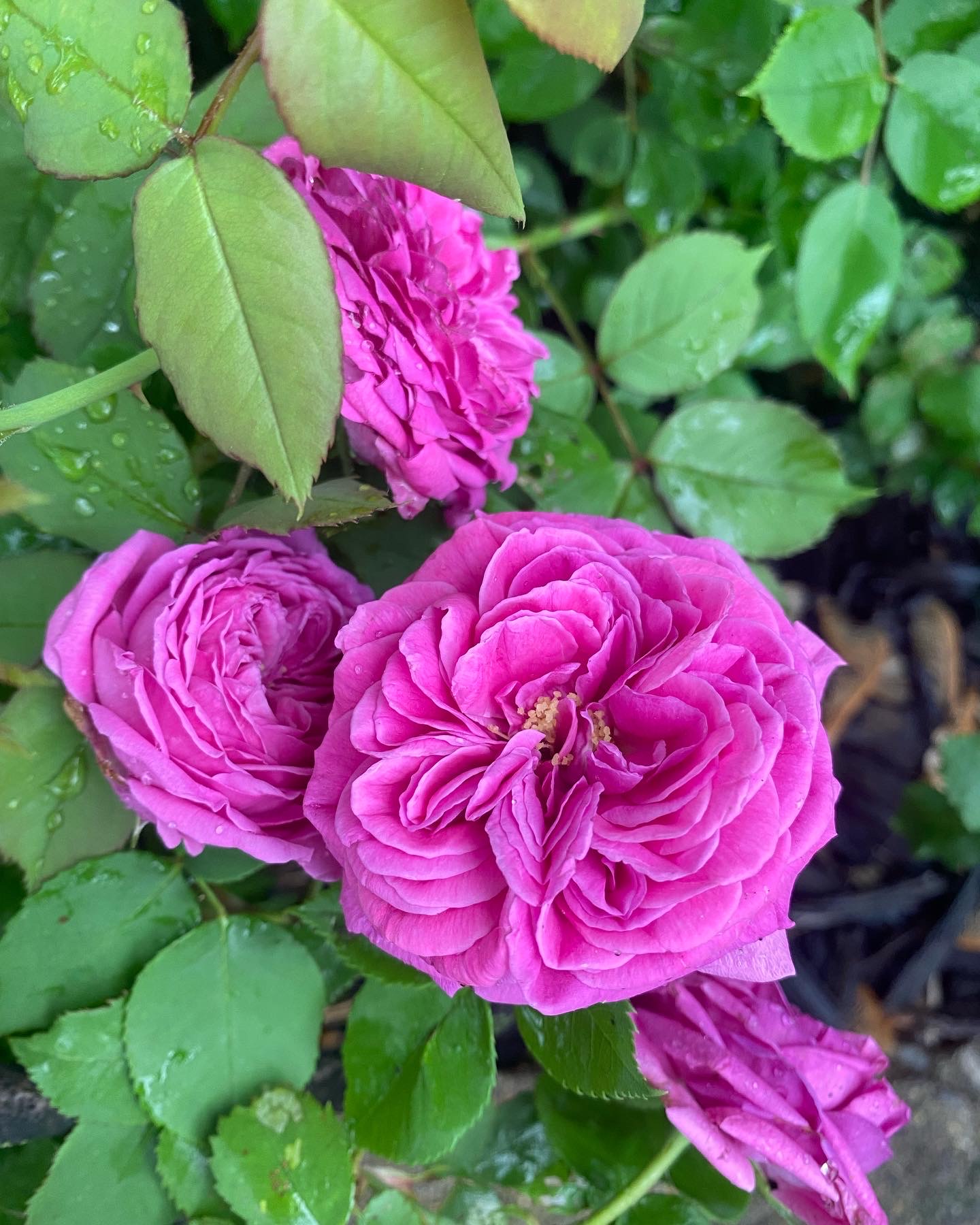
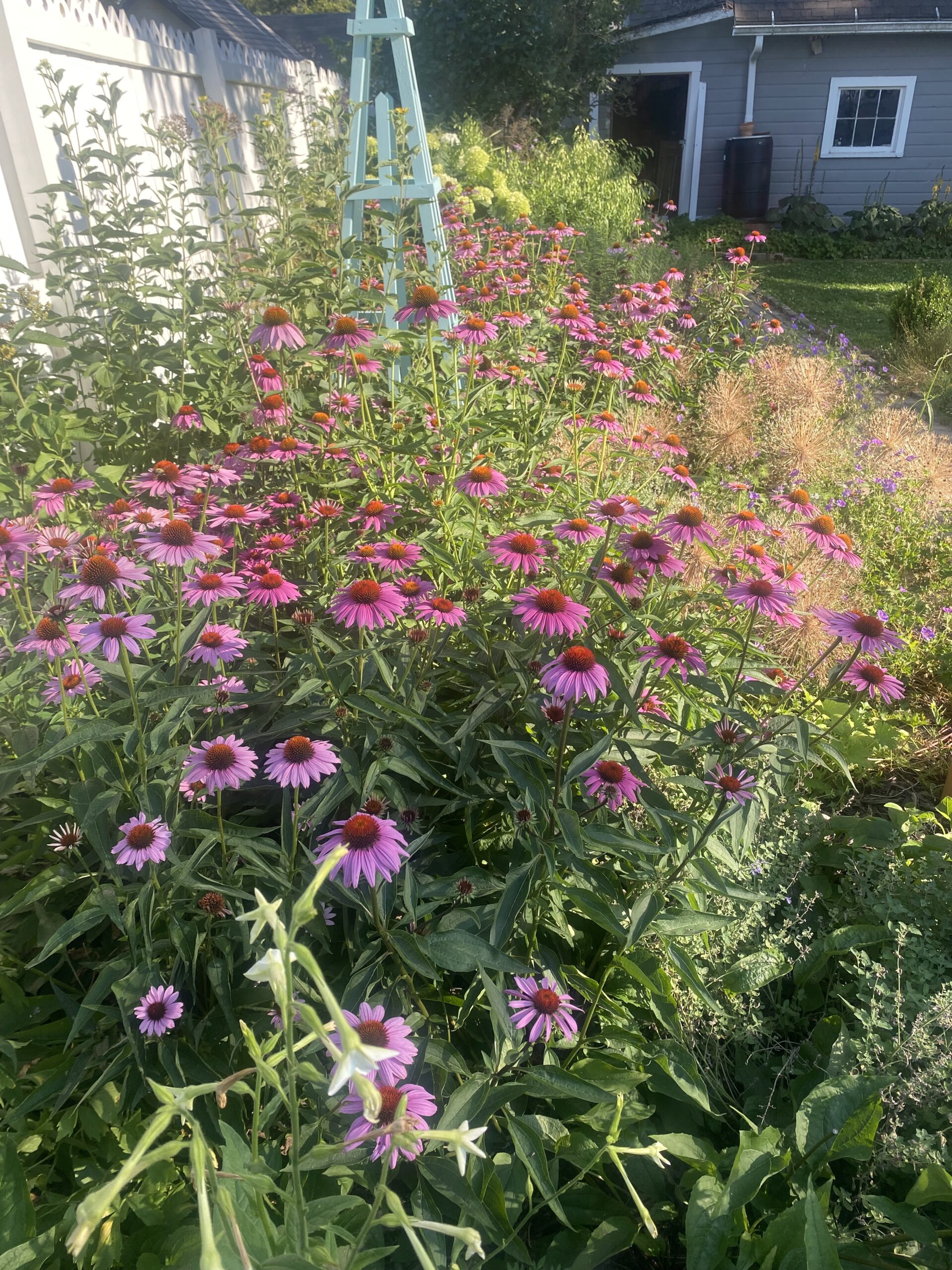
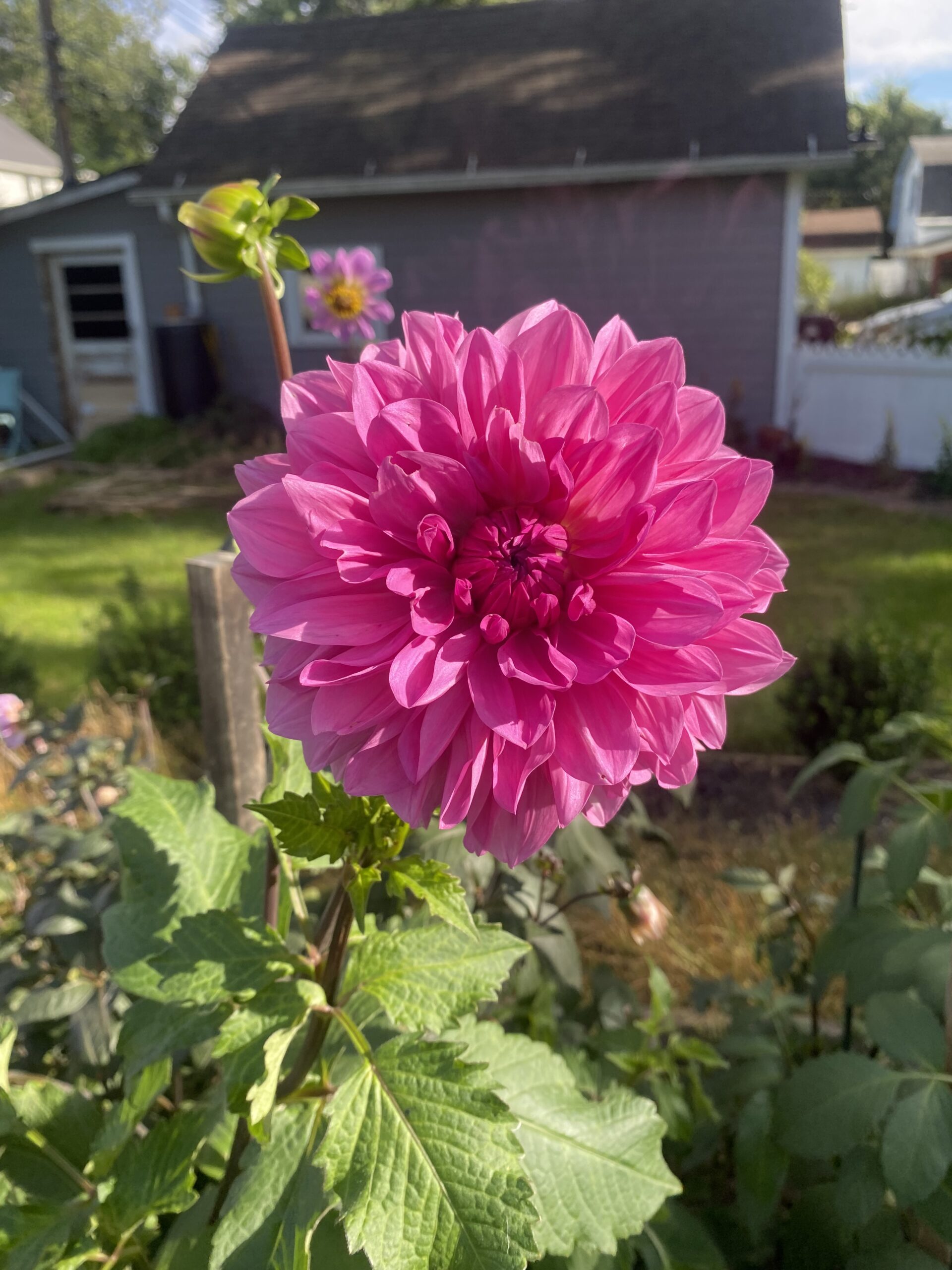
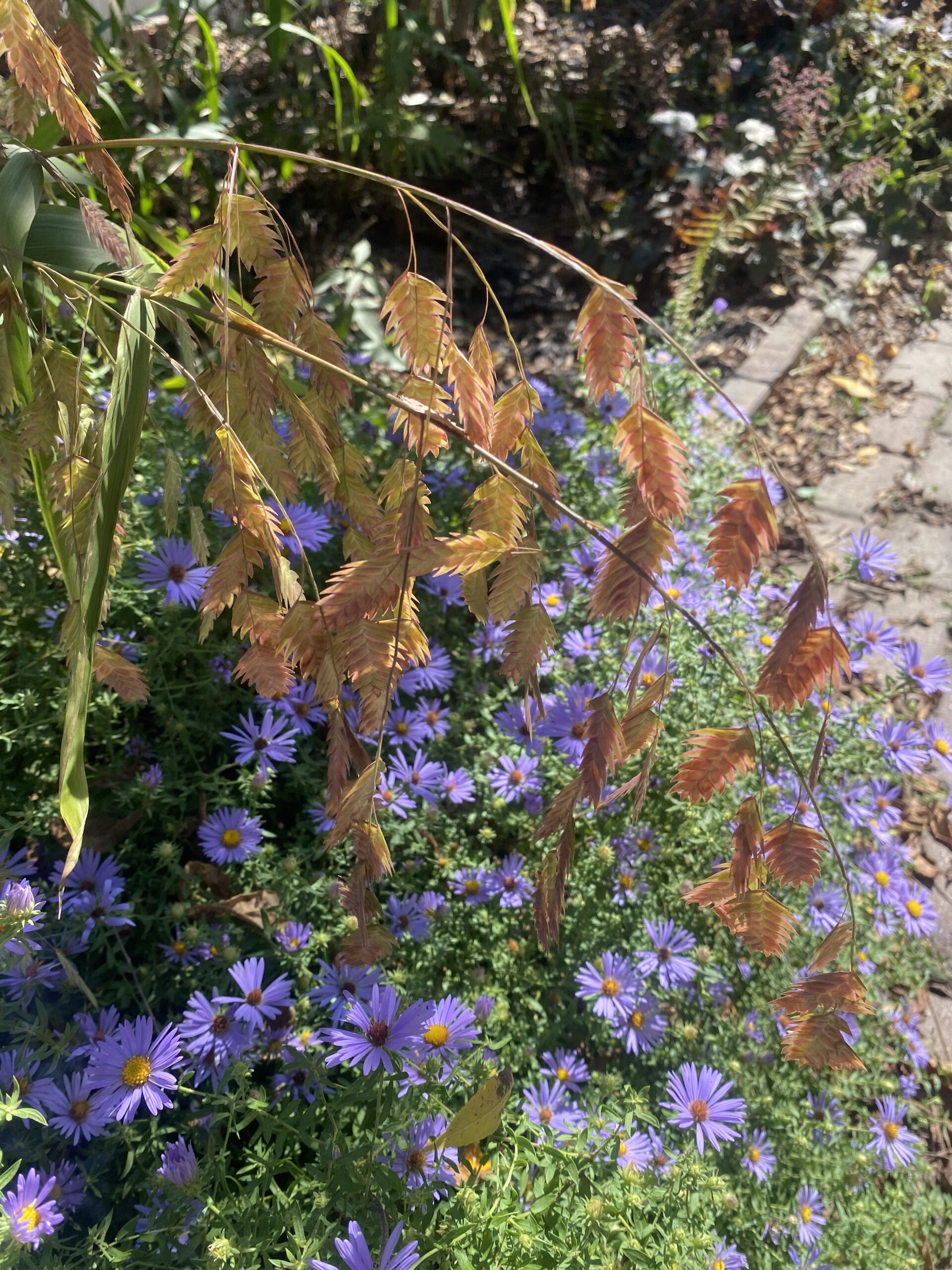
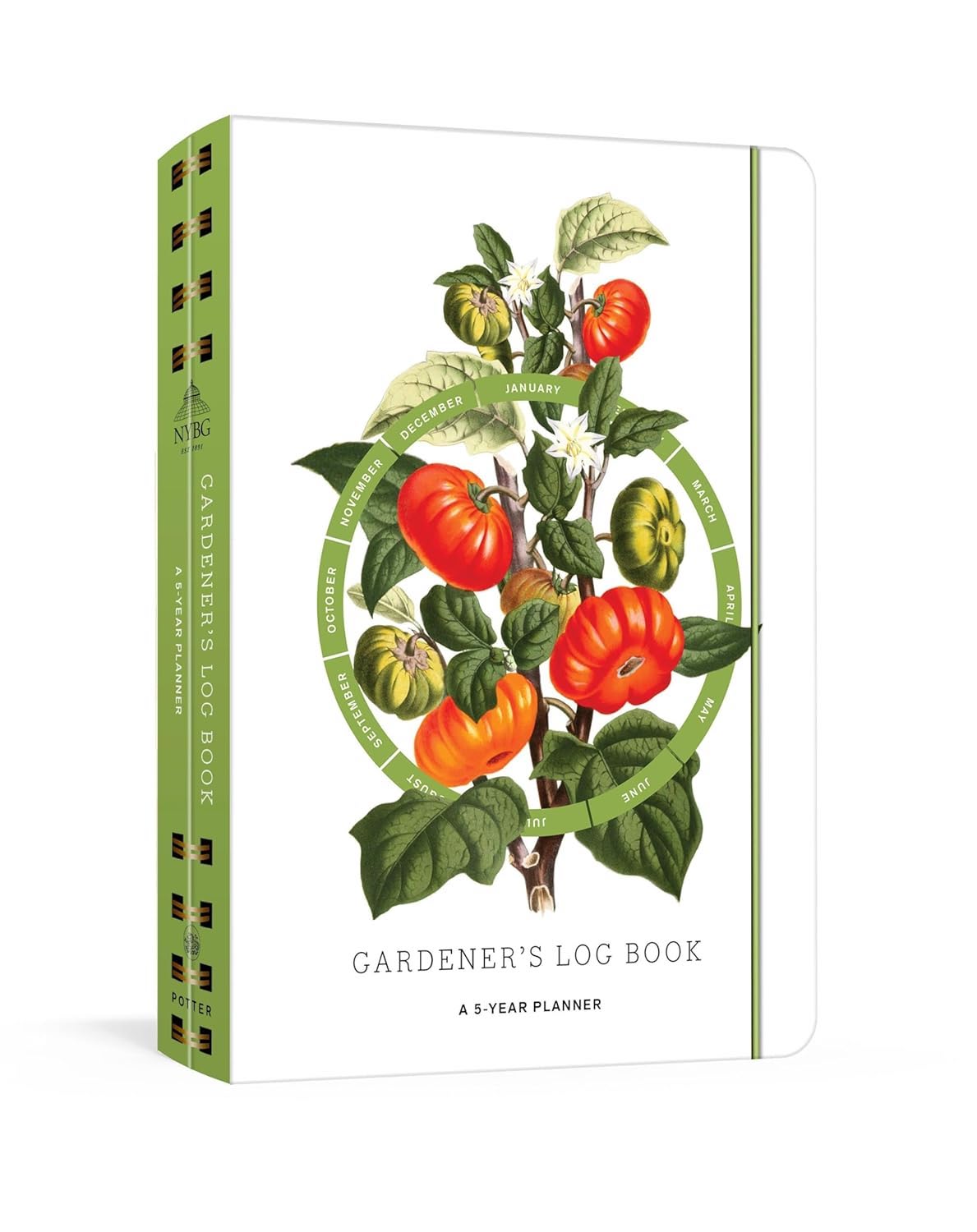
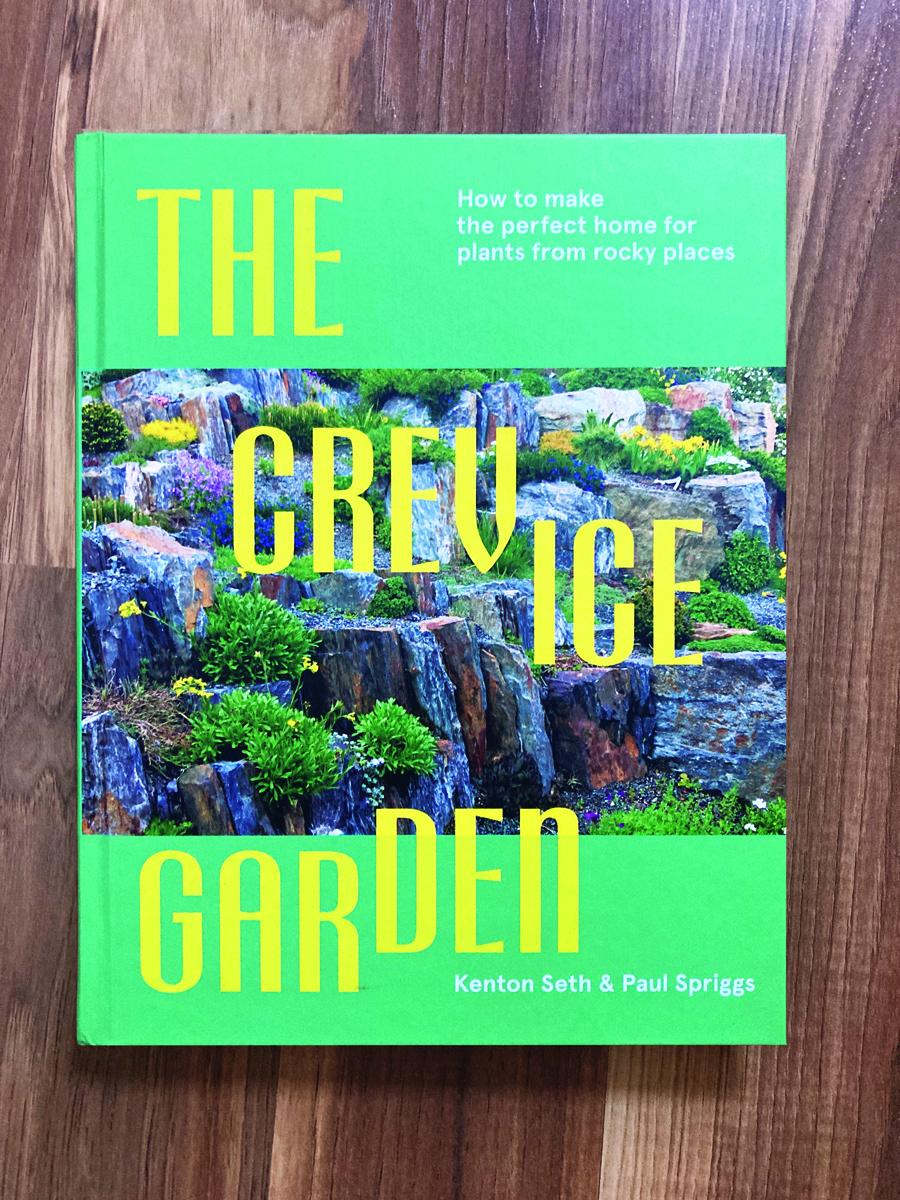
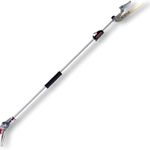





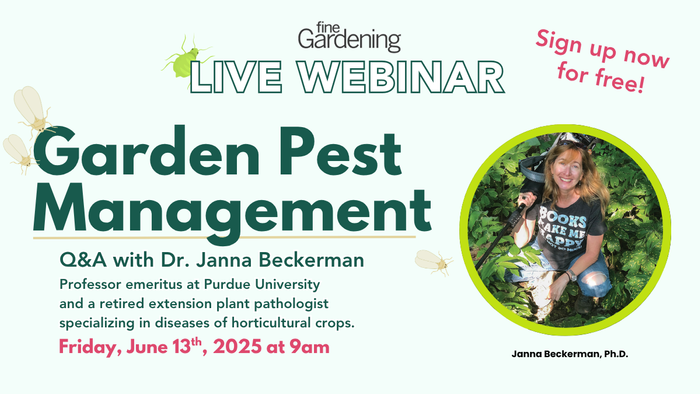
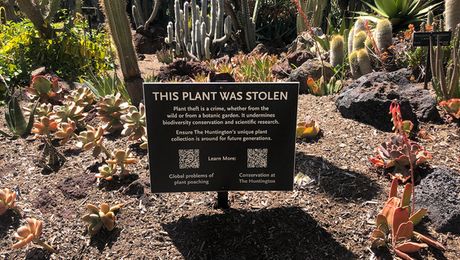
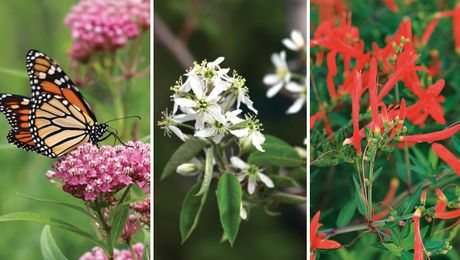










Comments
Rose - thanks for sharing! Love your gardening story and the look of your garden. The tuteur looks great in the echinacea border.
Oops.
Ross!
(In a hurry - off to work.)
Ross, thanks for sharing your lovely garden.
And kudos on eliminating knotweed!!! I am all too familiar with it here in Northeast Ohio. We have some infestations that came with the house (the neighbors report it has been here for decades), and it is such a scourge. Please do tell how you have managed to eradicate…
Ross, thanks for sharing your lovely garden.
And kudos on eliminating knotweed!!! I am all too familiar with it here in Northeast Ohio. We have some infestations that came with the house (the neighbors report it has been here for decades), and it is such a scourge. Please do tell how you have managed to eradicate…
Love those tulips. Wish I could grow them here in the deep, deep south.
Such beautiful gardens! 🏅congrats on getting rid of the knotweed!
What great use you have made of those beastly years, 2019, 20 and 22. Instead of bemoaning the situation you went out and made your own special part of the world a softer more enjoyable place. Your garden is wonderful, colorful, and bountiful. I agree with you that the coneflowers are gorgeous and easy to grow so who cares that they are common. "Common" plants often offer spectacular color and presence and by taking care of themselves for the most part they give the gardener more time to tend the "fussy" plants that they might want to add to their garden.
Lovely garden. I also garden, Zone 9 in Northern California, where long, dry, triple digits days seem endless. I instantly recognized my dear friend, Mme. Isaac Pereire! I grew her for over 30 years on a glorious, huge arbor. A wildfire took out home and garden, of 170 roses, in 2018. We dug up a part of her charred root and after several moves in our new garden…she is thriving. The saying goes with roses…the first year they sleep, the second year they creep and the third year…they leap! And she is now needing some sort of support which I will figure out this winter. Our Rose Society always made rose petal jelly to sell at our garden tour, from Mme. Isaac!
An impressive transformation of your back yard. Do you have photos from before you started to work on it? Love the echinacea- rabbits eat mine to the ground. And the raised beds. Thanks for sharing this.
Terrific garden - your hard work was more than worth it! The colors of that rose, the dahlia and coneflowers are so beautiful - they look juicy and delicious!
Ross, your garden is simply lovely and it made me smile. The sweeps of the Echinacea are dreamy, the lovely asters with sea oats are an excellent combo, but the 'Jack' in the midst of the Tiarella was special. It reminded me of the one that surfaced in a shaded bed in my IL garden. Every year it would pop up like clockwork. Magic!!!
Log in or create an account to post a comment.
Sign up Log in